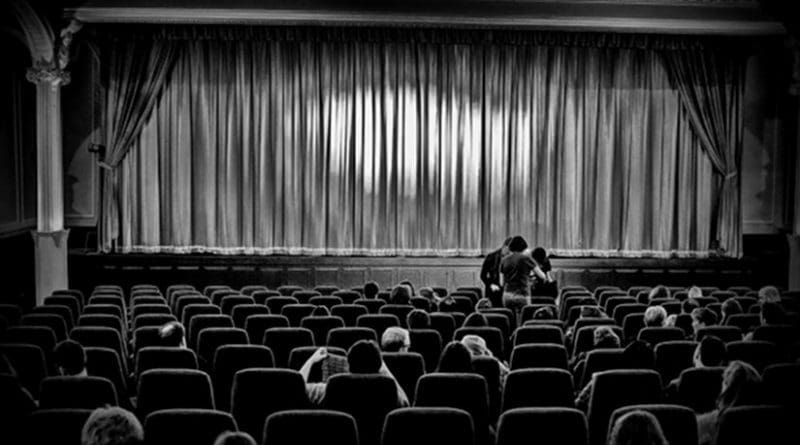To Watch Or Not To Watch The Oppenheimer Movie? – OpEd
Being not a movie goer and having detoxed myself from television for almost 40 years now (yes, that long), I do plan to watch Oppenheimer and enjoy a Hollywood representation of one of the most difficult decisions made in modern history: to build or not to build the bomb. It took me some time to answer: to watch or not to watch Hollywood’s Oppenheimer? Do we not live in a world of multiple perceptions and interpretations? Of whoever owns the means of shaping consciousness, owns?
Back in May I finished my Modern World History lecture on the topic, guiding my students to explore the variegated dimensions of decision-making as it concerns global politics. I do not have any opinion nor will I provide one when it comes to being that “Socrates” in the classroom, This has been my pedagogical creed since I started teaching. Philosophy is my forte when it comes to crafting the “dialogical classroom.”.
No. I do not know the answer, will always be my answer. My students know this. Go find out and tell me what you think, I’d say. That’ll be your answer for the moment.
Question authority. Question everything. Every premise. Every proposition. Question yourself. Interrogate your own answer and views all the time. We live in a world of multiple views, stories, we consume, and perceptions we let ourselves be shaped by.
Governments are an intellectual nuisance for me. The state is a necessary evil run on the production of perception and propaganda, useful for its survival. The ideological apparatuses are used by those who own them and know how to use them. We can also see this in the new Malaysian ruling regime. They produce perceptions. The people consume them unquestionably.
Ok back to Oppenheimer. That brilliant physicist who took Einstein’s suggestion and letter to Roosevelt, and worked on the Manhattan Project with Leo Szilard, Enrico Fermi, and Edward Tanner. Jews in exile worked on that historically significant project that somewhat saved the Allied powers. A project to end the brutality of the Axis Powers. To have the Nazis, the Italians, and the Imperial Japanese surrender.
Was it the right decision? A moral one? To end a just war?
Yes, Hiroshima and Nagasaki were the end result of the invention. The world is now defined by the might of those who own the most sophisticated nuclear weapons. The world changed after Oppenheimer and the circle of inventors, moral they could be if viewed from a realpolitik vantage point of ending the great war, who philosophized that if we do not make the bomb and love it, we will all die in the hands of Adolf Hitler, seen as the Devil reincarnate. Or the devil himself. With a swastika.
And yes, Oppenheimer read the Bhagavad Gita. What did he understand from it? That’s another story. Another discussion on the discussion between Krishna and Arjuna, in the battlefield of Kurukshetra. A beautiful dialogue about action, detachment, and moral obligation.
Yes, I read the Bhagavad Gita too. And taught philosophical perspectives using it. I love it. A great text. The questions are timeless. The dialogue cuts deep into the heart of complexity theory in how we shape our philosophical sensitivity. Krishna’s certitude and the attempt to bring out and destroy the uncertainty and “cowardice” in Arjuna still resonates in me, as I continue to see things from a philosophical-anthroplogical perspectives in analyzing events in history, primarily.
Perhaps using the text also known as The Song of thy Lord. , a section of the classic Mahabharata (The Great War) by the poet Vyasa, one could understand at least one of the burning the questions of the day: Is Vladimir Putin right? How could he have done any different?
I think Oppenheimer may not have regretted his action. He might even think he is the warrior Arjuna. Oppenheimer quotes Lord Krishna’s words beautifully.
I made up my mind, answering the question at the onset of this brief essay.
I will watch the movie sometime soon. See what Hollywood has to present. Go watch it too. Tell us what you think?

